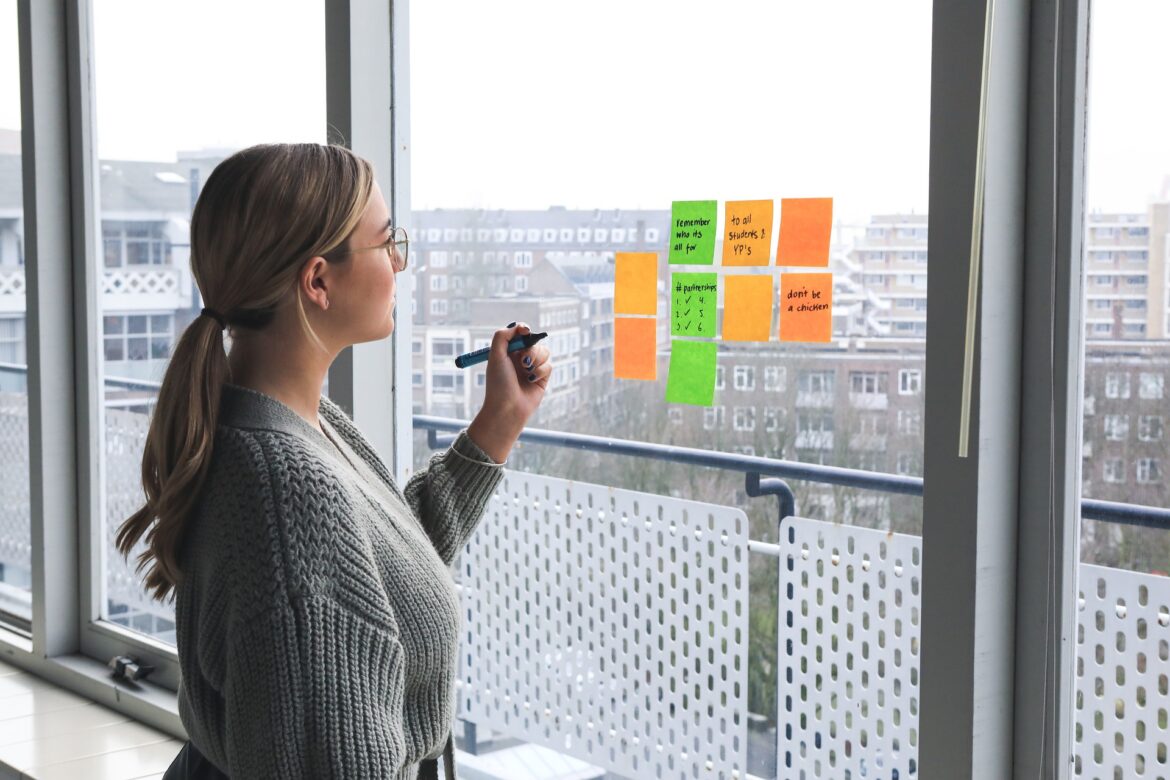Digitalisation, robotisation, automation, sustainability, diversity and remote. COVID-19 has acted as a catalyst for a new environment that forces companies to abandon outdated functions and update their workforce through training.Between 75 and 375 million workers (3% to 14% of the global workforce) will need to change their occupational category by 2030 due to automation, artificial intelligence and digitalisation. Hence, concepts such as ‘re-skilling’ and ‘up-skilling’, which have always existed in the company, take on special importance.
In the last year, the term ‘re-skilling’ has gained strength, a word that encompasses the continuous process of recycling skills and knowledge that we must undergo to stay afloat in a changing world of work. It is like pressing the F5 key and refreshing content, ideas and methods to remain competitive. If we emerge ourselves into technological insight, we are meeting the challenges to study a new programming language requested by the market, practicing it and having it available in our arsenal for when it is required.
Companies and professionals have had to face a very abrupt change to be able to keep up with the needs of the market. If we add the uncertainty variable to this, the result is an acceleration in the adaptation process, where the new habits of customers and users, is constantly changing the market and ultimately competition rules the roosts. Terms used such as “submit”, “competitive”, “study” are buzz words that describe what ‘re-skilling’ is, but in theory it has more substance than several buzz words.
‘Re-skilling’ refers to the acquisition of new skills to be able to pivot from one position to another, from one function to another whereas ‘upskilling’ implies evolving the necessary skills within the same position or profile. The ‘re-skilling’ is the recycling and preparation of a professional to develop a task for which they have soft skills but not ‘hard skills’ or ‘technical skills’. They will have to learn ‘hard’ skills to develop within their environment most noticeably when moving from an ‘offline’ office to a cyber one.
The ‘upskilling’ is the reinforcement of the ‘soft’ capacities to take a position of greater responsibility. Usually at this stage a professional has already acquired the technical skills but needs to be updated in new skills and abilities in order to incorporate this and perfect new approaches to the work that is already being performed. Essentially it is doing the same thing, but better.
In the workplace ‘up-skilling’ and ‘re-skilling’ also allows the retention of talent which promotes a culture of learning and internal opportunities for employees to change position and in turn increases motivation of professionals. Being self-employed also offers this equal reward where a strategic digitalised outlook, offers adaptability and flexibility as the ‘know how’ has been acquired.
To tackle this situation having a synchronicity of the ever-evolving IT sector will help to promote this type of learning. In line with European Commission, they have classified the acquiring or reskilling of critical skills into 8 categories:
- Communication in the mother tongue: ability to express and interpret concepts, thoughts, feelings, facts and opinions orally and in writing.
- Communication in a foreign language: as above, but includes mediation skills (i.e., summarising, paraphrasing, interpreting or translating) and cross-cultural understanding.
- Mathematical, scientific and technological competence: good command of calculation, understanding of nature and ability to apply knowledge and technology to what are perceived as human needs (such as medicine, transportation or communication).
- Digital competence: safe and critical use of information and communication technologies (IT) for work, leisure and communication.
- Managing learning: managing one’s own learning effectively, either individually or in groups.
- Social and civic competences: participating effectively and constructively in the social and professional life of each one and commit to active and democratic participation, especially in increasingly diversified societies.
- Sense of initiative and entrepreneurship: transforming ideas into actions through creativity, innovation and risk taking, as well as the ability to plan and manage projects.
- Cultural Awareness and Expression: ability to appreciate the creative importance of ideas, experiences, and emotions through a variety of media, including music, literature, and the performing and visual arts.
Since this was drafted by the EU in 2006, ‘flexibility’ is now essential when considering an option for upgrading skills. Arguably, this concept in the workplace probably will be the most defining features of this current era due to the post Covid-19 world becoming more remote and asynchronous. Offering only set training dates and venues is an element that does not fit into this current model as continuous requalification could be an arduous process before. Ultimately many remote training/learning is now valued as it can offer a variety of dates, without fixed schedules that usually are accompanied with clear training itineraries and objectives.
Another aspect is that one can accommodate your own lifestyle or harmonise it with family life – a key priority that has reached more prominence since the pandemic. In addition, the favourable green concept of eliminating unnecessary travel to the office or training centres in turn reduces our carbon footprint, a responsibility that should be taken seriously due to climate emergency.
What has become clear to us in this process is that the ‘re/up-skilling’ concept is here to stay and will be a part of our professional life from the day we leave formal training until retirement. For continuous training to live with us for decades, it will have to be integrated into people’s daily lives, generating as little friction as possible. In an ideal world, these skills update should happen almost without realising it, generating the least possible negative impact.
Sean Campbell


